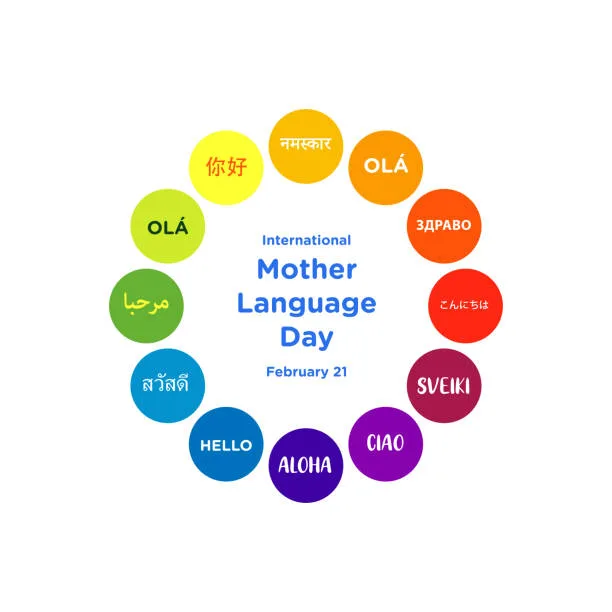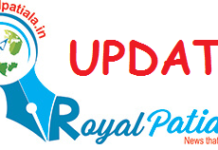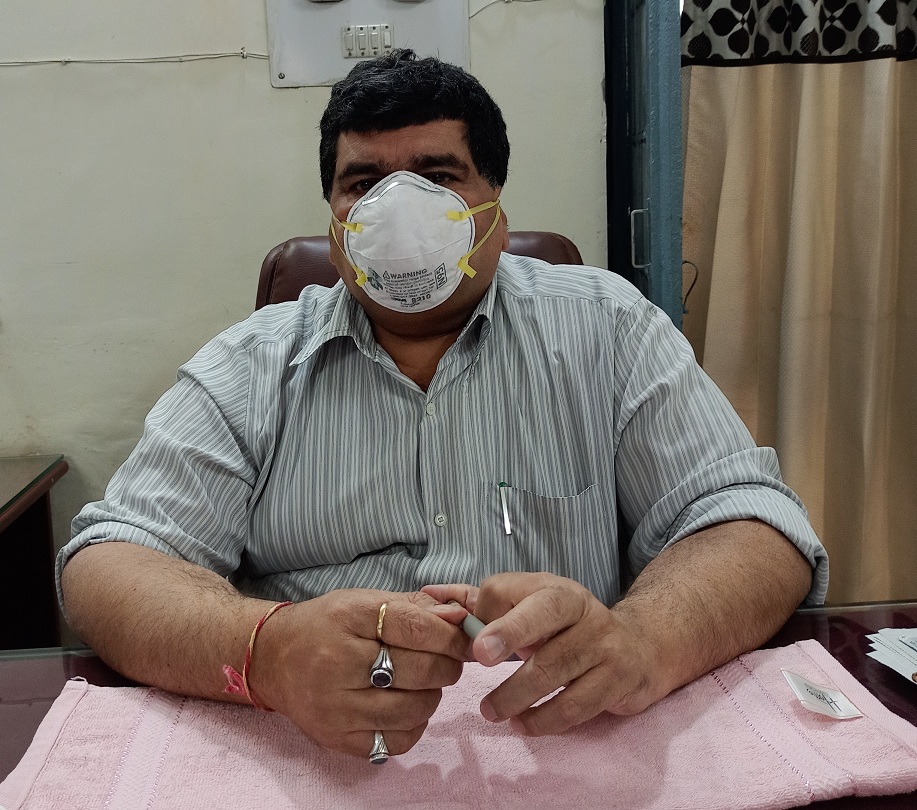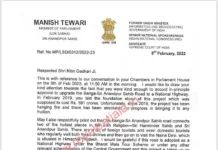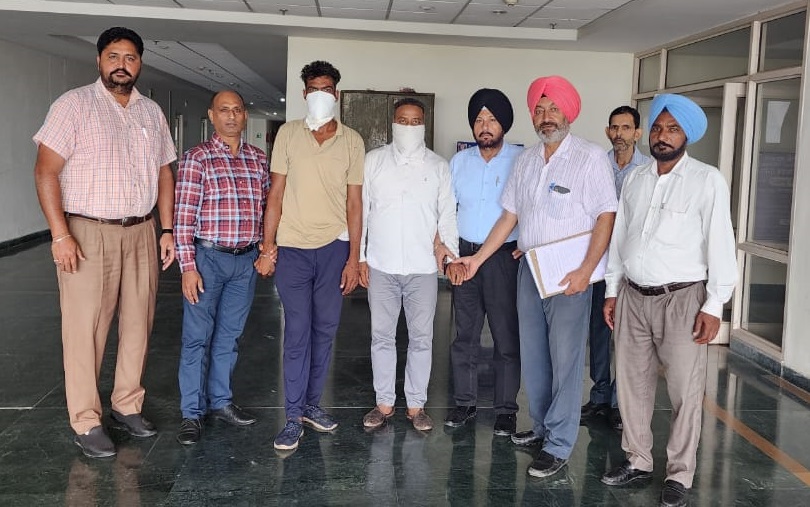Happy International Mother Language Day 2023-Puri
Jaswant Singh Puri/ February 21,2023
Language has a key function in creating change and growth in human civilization. A language is much more than just a way of communication. The purpose to celebrate International Mother Language Day was the initiative of Bangladesh.
On 21 February, 1952, rallies and protests were arranged in Bangladesh (then East Pakistan) to adopt Bangla as one of the national languages in addition to Urdu. But the police fired on rallies in which four people were killed and hundreds of others injured. This was a lamentable incident in history when people sacrificed their lives for their mother tongue. Since then, Bangladeshis celebrate the International Mother Language Day. They pay their tributes at Shaheed Minar built in memory of martyrs. The idea to celebrate International Mother Language Day was suggested by Rafiqul Islam and Abdus Salam. They were Bengalis living in Vancouver, Canada. They wrote a letter to Kofi Annan, The Secretary-General of the United Nations on 9th January, 1998 to initiate a step to save the languages of the world by declaring an International Mother Language Day. The proposal was ultimately passed by United Nations Educational Scientific and Cultural Organisation (UNESCO) on 17 November, 1999 and resolved that: “21st February be proclaimed International Mother Language Day”. The theme for the year 2023 is: “Multilingual Education: A Necessity to Transform Education”.

International Mother Language Day recognizes that languages and multilingualism can go hand in hand. UNESCO encourages and promotes multilingual education based on mother tongue.. It is a kind of education that begins in a language that the learner learns the best and then other languages are introduced. This approach enables learners to bridge the gap between home and school. Multilingualism contributes to the development of inclusive societies that permit multiple cultures, world views and knowledge systems to co-exist.
Languages possess complex implications for identity, communication, social integration, education and development. These qualities are of utmost significance for people. But they are under threat due to globalization. As languages fade, so does the world’s rich treasure of cultural diversity. About 6000 languages in the world are endangered. Multilingual and multicultural societies exist through their languages which transmit and preserve traditional knowledge and cultures in an equilibrium.
There is a growing awareness that languages play a dominant role in development to ensure cultural diversity and intercultural dialogue. It also strengthens cooperation and helps to attain quality education. It mobilises political will for applying the uses of science and technology for sustainable progress and development. Keeping it in view, Punjabi University, Patiala was established on 30 April, 1962. It is the second university in the world to be named after a language, after Hebrew University in Israel. The university has done a lot for the development and enrichment of Punjabi language and culture. Punjabi is the eleventh most widely spoken language in India and also spoken by the Punjabi Diaspora in various countries. Language Department (Bhasha Vibhag) Patiala also celebrated 75 years of service for Punjabi language, culture and literature in January, 2023.
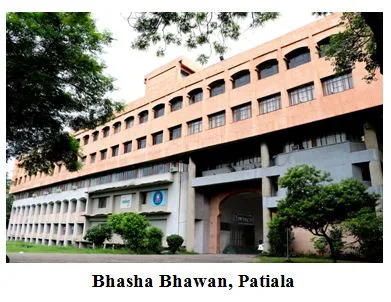
UNESCO has been advocating for the cause of multilingual education based on mother tongue. Multilingual education enhances the quality of education. It helps to motivate dialogue and interaction among learners as well as between learners and teachers. It facilitates participation and action towards sustainable development by giving access to new knowledge and novel cultural expressions. There is a need to enhance multilingual education as a necessity to transform education in multilingual contexts from early childhood education and beyond. It is the necessity of the times to revitalise languages that are disappearing.
The Director General of UNESCO pointed out that mother language ‘shapes millions of developing young minds’. Everyone has the right to use mother language. UNESCO organizes International Mother Language Day to maintain knowledge of mother tongue and learn the use of more than one language.
In India also, we solemnise ‘Matribhasha Diwas’. Indian Government is taking initiatives for the development of languages. The Commission for Scientific and Technical Technology (CSTT) is providing publication grants towards the publications of University Level Books in regional languages. The text books of various subjects prescribed in Universities and Colleges are being translated in many languages. The University Grants Commission (UGC) also promotes regional languages in higher education courses in the country and supports nine Central Universities under the scheme: “Establishment of Centre for Endangered Languages in Central Universities”.

International Mother Language Day is an opportunity to celebrate the culture of various languages. We should believe in the importance of cultural and linguistic diversity for sustainable societies. We should show concern over the disappearance of languages across the world. There are 121 languages which are spoken in India. Out of these, 22 languages are included in our Indian Constitution. It is mandatory to preserve and protect languages, not only in words but in spirit also for their survival.

Note: This article is dedicated to late Smt. Alka Puri wife of Dr. Ajit Singh Puri and mother of Jaswant Singh Puri.
(The views expressed are personal)

